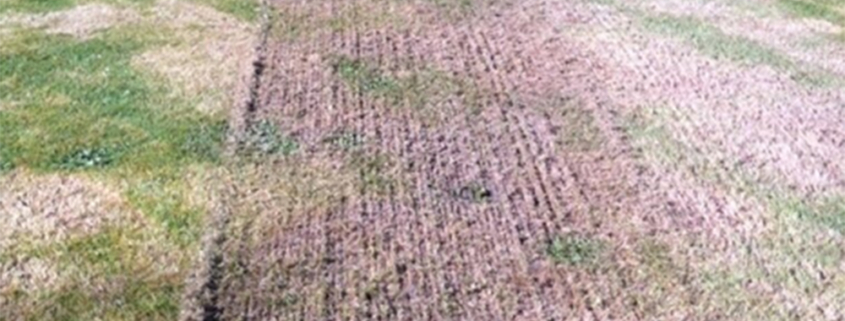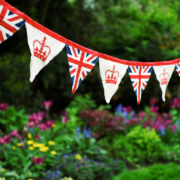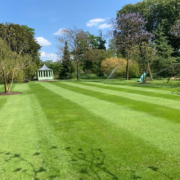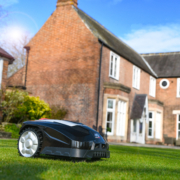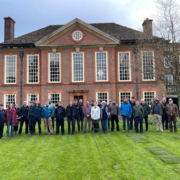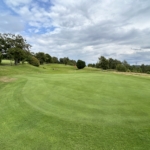Let’s Talk About Lawn Biodiversity
Let’s Talk About Lawn Biodiversity: The Lawn Association has consistently advocated for the importance of maintaining real lawns in our gardens to promote natural biodiversity throughout the UK. Achieving vibrant, green lawns that are also beneficial to all sorts of wildlife isn’t impossible; it is simply about employing the right methods. It’s about using natural, indigenous grasses and organic feeds. It is certainly NOT about replacing a key sustainable component of our living environment with artificial grass!
As stewards of our environment, it’s imperative to tread carefully, avoiding fashions that prioritise aesthetics over ecological integrity. So, before succumbing to the allure of any trend, it’s prudent to weigh its implications and consider whether it truly aligns with our long-term goals. And a product derived from coal and oil, with a limited lifespan and almost impossible to recycle, is certainly a trend to ignore!

Let’s Talk About Lawn Biodiversity
The best way of producing a happy, healthy lawn is by working with, not against, nature, as follows…
Go Native!
Nature knows best, and what grows in your lawn is a great indicator of what likes to grow in your lawn. So, identifying what likes to grow is crucial, and no grasses like to grow as much in the UK as native grasses! With this in mind, the Lawn Association team has developed a range of Native Grass seeds. Embrace the beauty of these resilient, homegrown species that thrive in our unique climate. Imagine a lawn that mirrors the natural splendor of our landscapes—these native grasses are the key.
Feeding Lawns The Recycled Way: Sustainable and sensible lawn care can be apparent in something as simple as feeding the lawn. Many fertilizers require washing in order to activate, so
waiting for the rain is due before applying makes sense. However, with organic feeds such as ‘True Grass’ which is produced from recycled food waste, ensures that your lawn is fed in the most sustainable way possible, without the risk of scorch!
Get Rid Of Moss Naturally: When it comes to scarification, you are effectively pruning your lawn. Through this procedure, you are not trying to dominate nature, but instead, giving it a helping hand to work at its best by controlling the thatch, which in turn will probably mean you never have moss. By regularly aerating your lawn, you allow rainwater to run down into the soil and away from the surface, giving the moss spores less chance to germinate.
For the latest industry news visit landscapingmatters.co.uk/news
Get all of the big headlines, pictures, opinions and videos on stories that matter to you.
Follow us on Twitter and Instagram for fun, fresh and engaging content.
You can also find us on Facebook for more of your must-see news, features, videos and pictures from Landscaping Matters


